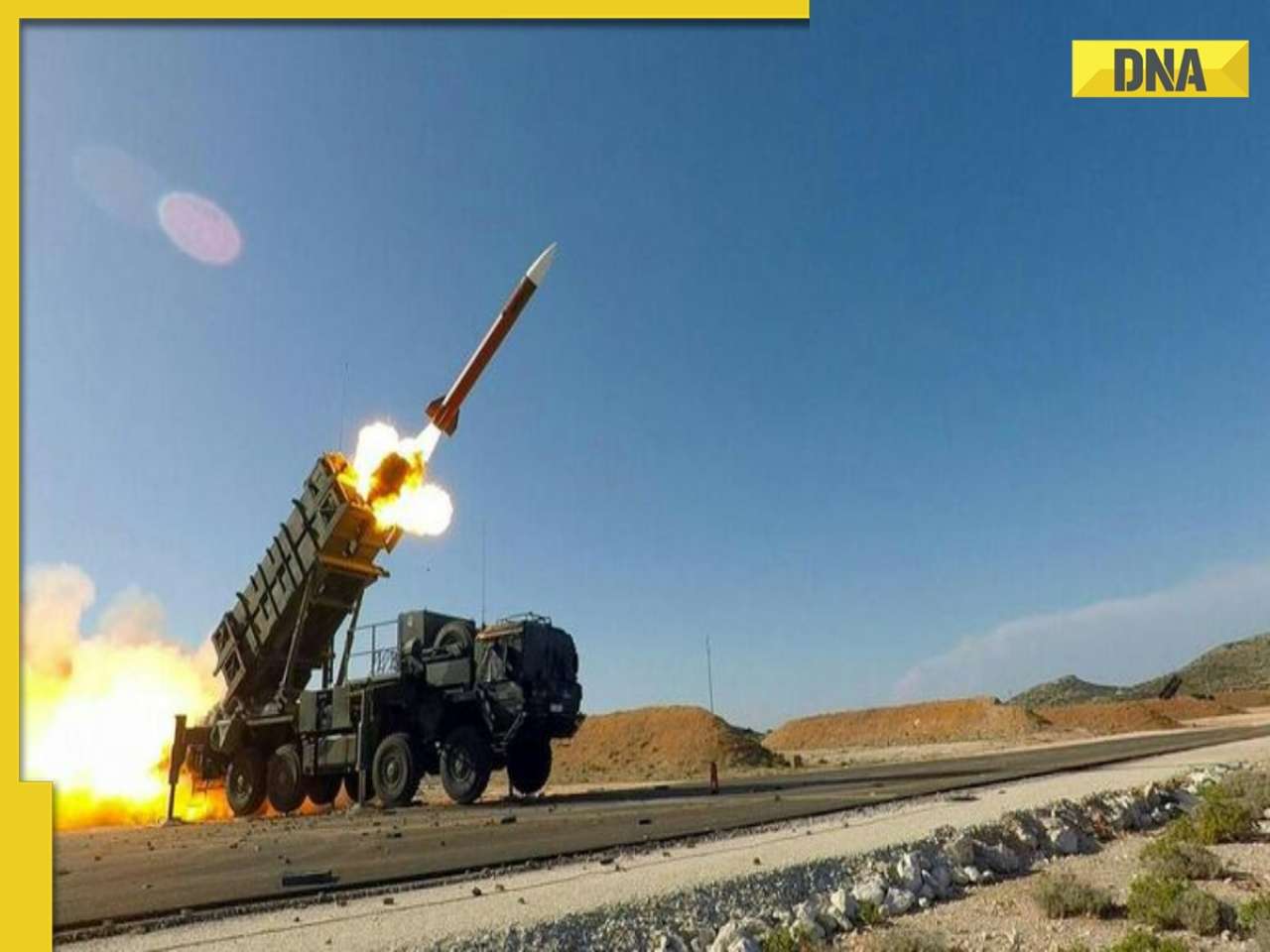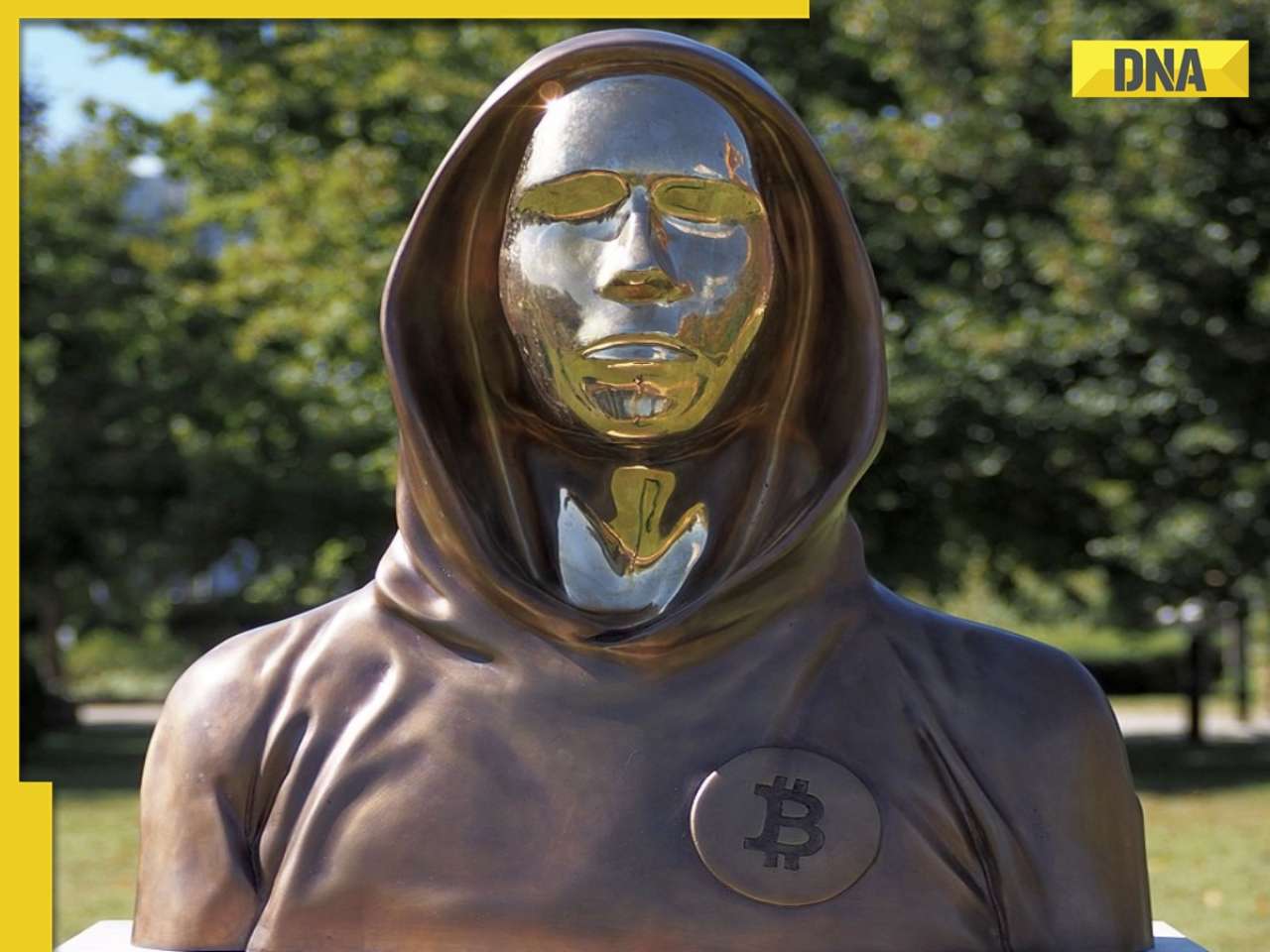Muhammad Yunus's apparent tolerance of Islamist forces and a sharp pivot in foreign policy toward China and Pakistan have raised fears about Bangladesh's internal cohesion and its regional alliances--especially its historically close ties with India.
Muhammad Yunus with Narendra Modi (File Photo)
Political tremors continue to ripple across South Asia following Bangladesh's dramatic leadership change last August, when mass protests led by a wide-ranging coalition of student groups, civil society activists, and radical Islamists forced Prime Minister Sheikh Hasina to resign. In her place emerged Nobel Peace Prize winner Mohammed Yunus, widely hailed for his work in microfinance, who was appointed as interim leader amid high hopes for reform and unity.
But those early hopes are now giving way to growing unease, both at home and abroad. Yunus's apparent tolerance of Islamist forces and a sharp pivot in foreign policy toward China and Pakistan have raised fears about Bangladesh's internal cohesion and its regional alliances--especially its historically close ties with India.
"Yunus seems either unwilling or incapable of reining in the Islamist zealots who are increasingly coming to the fore in Bangladesh," wrote Sumit Ganguly, a columnist at Foreign Policy and senior fellow at Stanford University's Hoover Institution. "At the same time, he is steering Bangladesh away from India and toward China and Pakistan -- two shifts that could destabilise the region."
Under Hasina, the Islamist party Jamaat-e-Islami was banned for alleged incitement to violence and its controversial role during the 1971 Liberation War, during which many of its leaders sided with the Pakistani military. Hasina's government had pursued a secular agenda, aiming to safeguard minority rights and maintain regional ties with India, especially in the face of rising religious nationalism.
Yunus, however, has reversed course, lifting the ban on Jamaat-e-Islami and adopting a markedly softer tone. Since then, Islamist groups have made inroads into public life, with rising instances of mob violence targeting both Hindu minorities and members of the Ahmadiyya Muslim sect. These developments are fueling fears of increasing religious intolerance within Bangladesh.
The Yunus government's failure to rein in Islamist zealotry could fuel Hindu-Muslim tensions and violence in northeastern India, with significant destabilising consequences for the whole region. Within Bangladesh, rising religious intolerance will almost inevitably lead to more violence and the possible flight of Hindus into India, Sumit Ganguly wrote in his article.
Equally concerning for New Delhi is Yunus's effort to realign Bangladesh's foreign policy. In a recent visit to Beijing, Yunus offered Chinese leadership strategic access to the Bay of Bengal via Bangladesh--a move seen as potentially undercutting India's maritime security in the region.
"Bangladesh is the guardian of ocean access," Yunus said in remarks that stunned Indian diplomats. His proposal comes as China continues to expand its influence across South Asia, including major infrastructure investments in Sri Lanka, Nepal, and Pakistan. Indian officials fear that Bangladesh could fall into a similar "debt trap" that left Sri Lanka vulnerable after heavy borrowing from China. "Beijing's growing presence in Dhaka poses a direct challenge to India's strategic interests," said a South Asia policy analyst in New Delhi.
India's foreign policy establishment now faces a critical juncture. For decades, New Delhi has invested heavily in its relationship with Bangladesh, providing economic aid, infrastructure development, and political support. However, observers note that India has often failed to maintain consistent engagement, allowing rivals like China to fill the vacuum.
"If India continues with business as usual, it risks losing a vital partner," said one senior Indian diplomat. "There is an urgent need for renewed diplomatic outreach--through trade concessions, investment, and reaffirming security cooperation." The evolving situation in Dhaka is more than a domestic political shift. It has the potential to reshape regional dynamics across South Asia. For India, the stakes could not be higher.
"If Bangladesh falls under greater Islamist influence and becomes a beachhead for Chinese interests," said Sumit Ganguly, adding, "India could find itself isolated in its own neighbourhood." With political uncertainty mounting in Dhaka and regional rivalries intensifying, the coming months may prove decisive in determining whether Bangladesh remains a bridge of cooperation--or becomes a fault line of instability--in South Asia.
(Except for the headline, this story has not been edited by DNA staff and is published from ANI.)
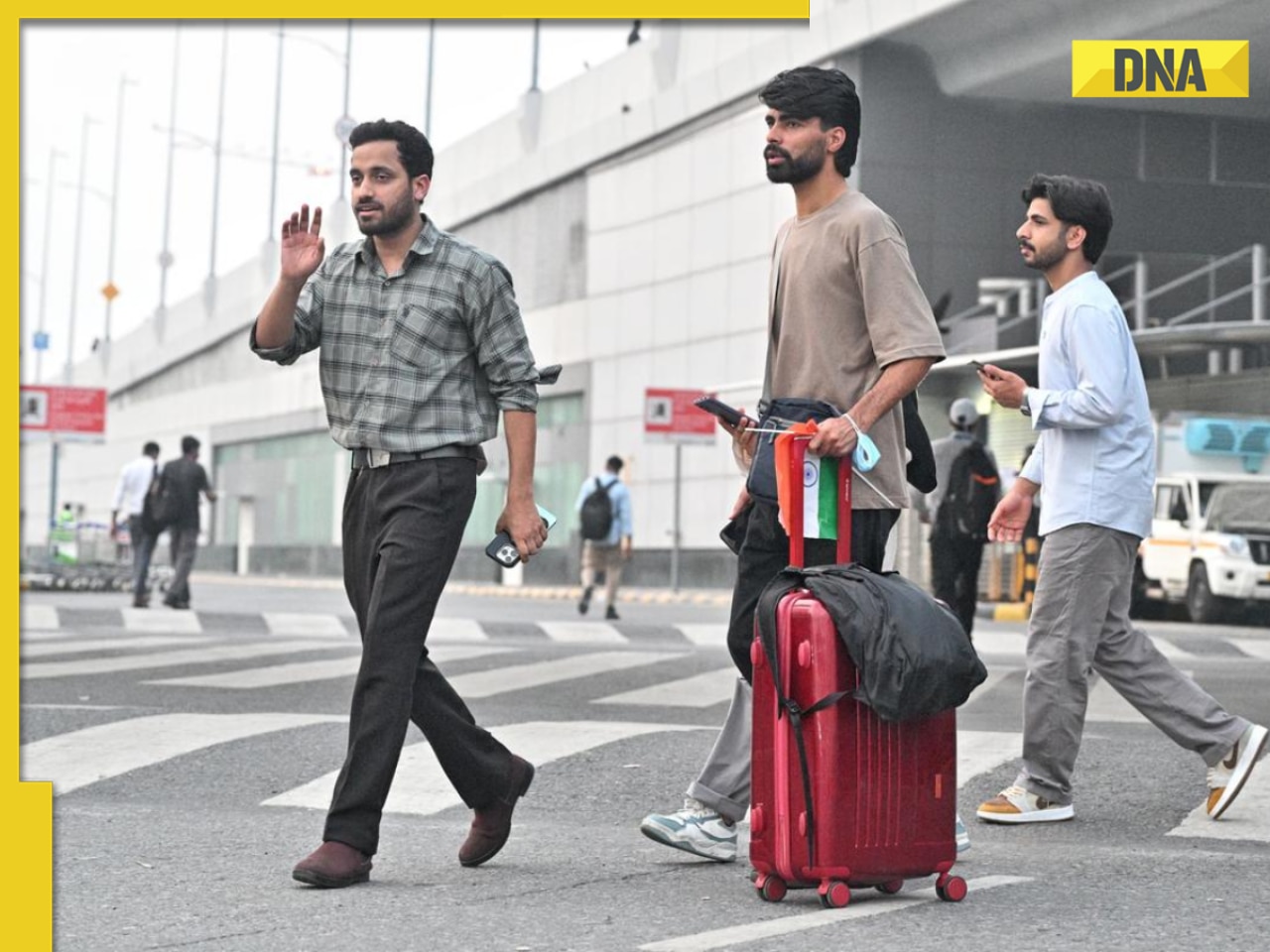 India issues fresh travel advisory, asks citizens to avoid going to THIS country: 'Carefully consider...'
India issues fresh travel advisory, asks citizens to avoid going to THIS country: 'Carefully consider...'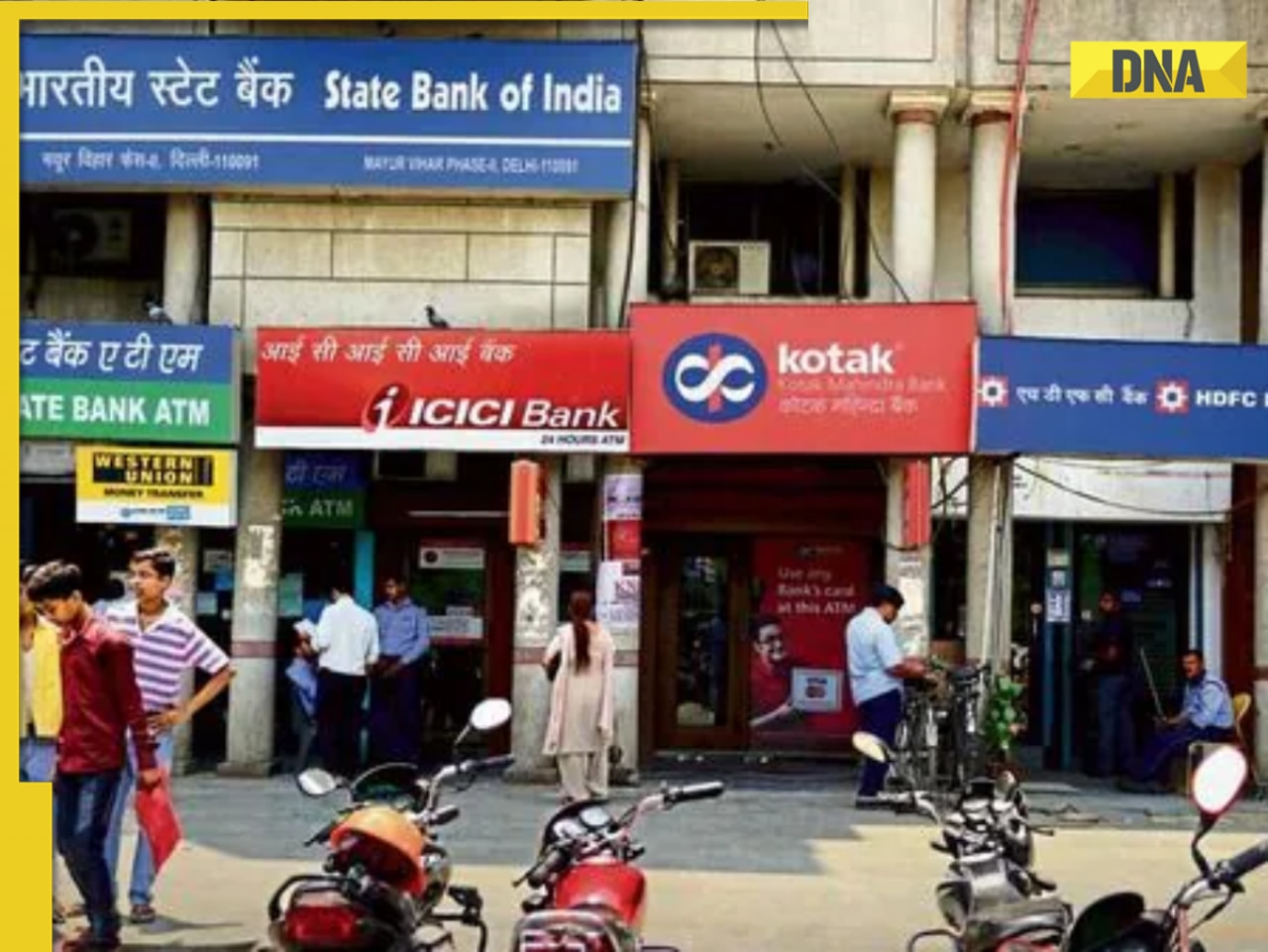 THIS govt company in HUGE debt, defaults on bank loans worth whopping Rs...
THIS govt company in HUGE debt, defaults on bank loans worth whopping Rs...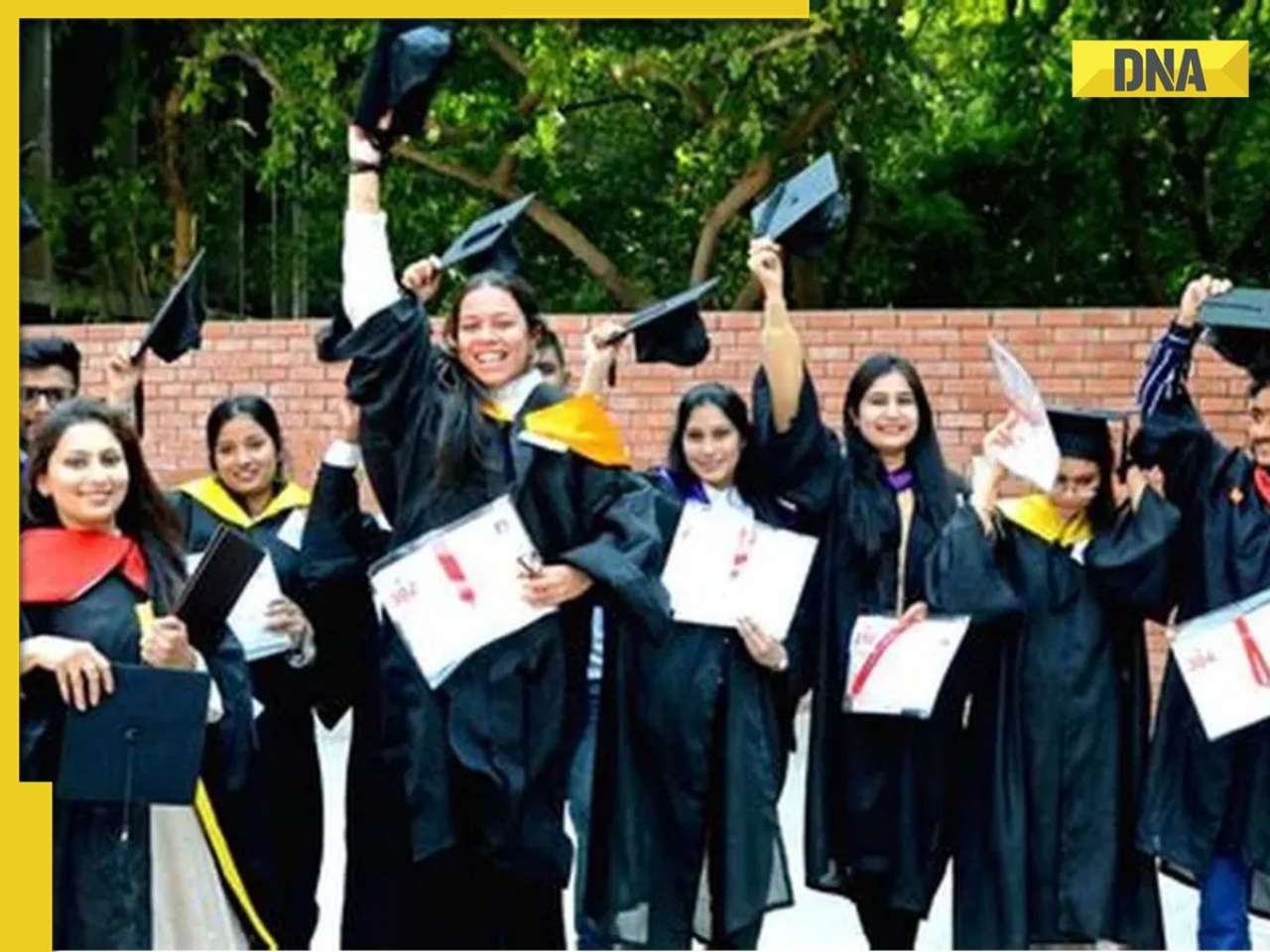 This city is world’s most student friendly, 4 Indian cities also feature in list with the most affordable city being...
This city is world’s most student friendly, 4 Indian cities also feature in list with the most affordable city being... 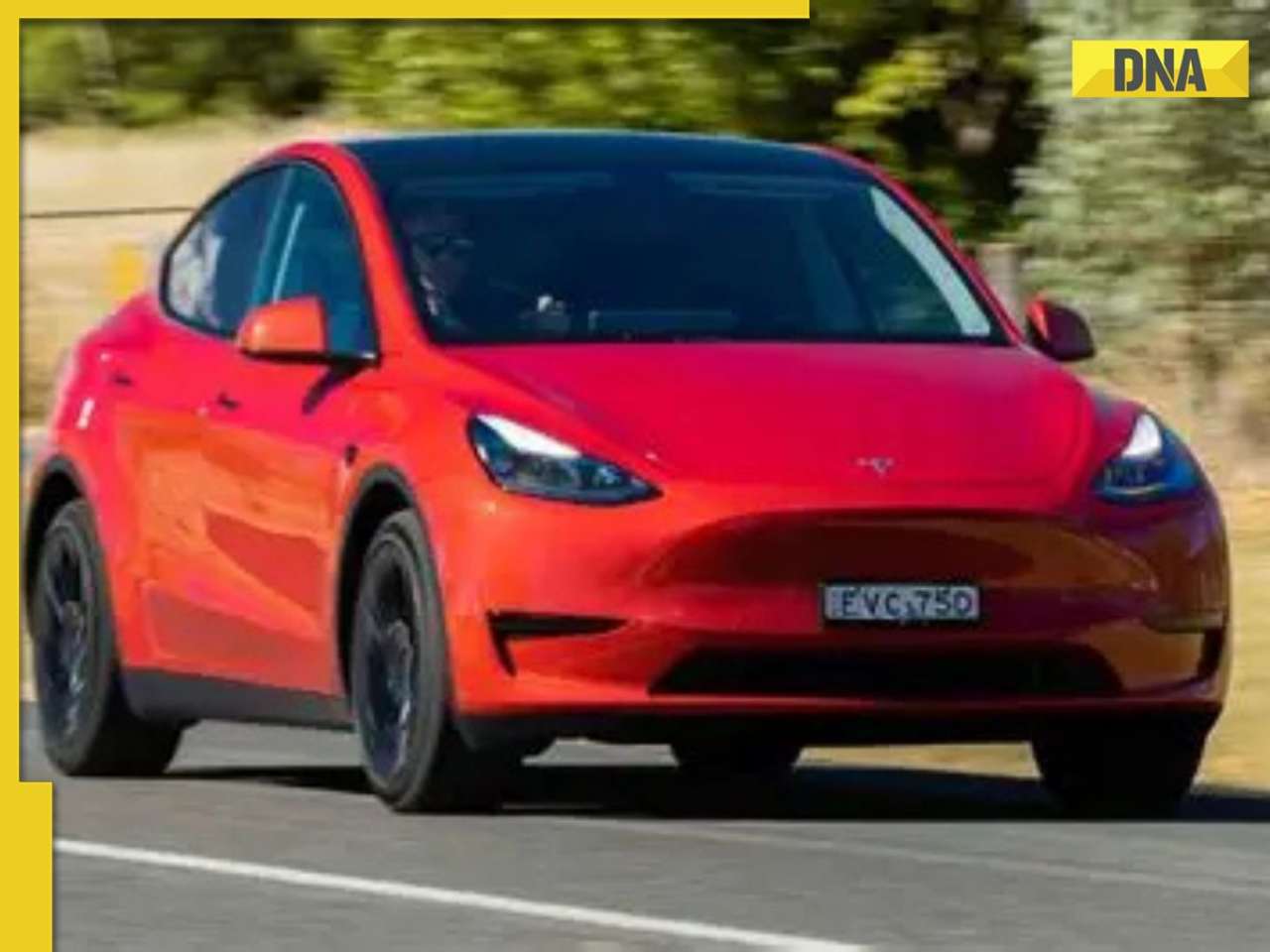 Tesla cars will be priced cheaper in Delhi and Mumbai than Gurugram, here’s why, check cost difference here
Tesla cars will be priced cheaper in Delhi and Mumbai than Gurugram, here’s why, check cost difference here Donald Trump makes BIG proposal to Ukraine over Russia war, asks Zelenskyy, 'Can you hit...'
Donald Trump makes BIG proposal to Ukraine over Russia war, asks Zelenskyy, 'Can you hit...' 7 mesmerising images of star formation captured by NASA
7 mesmerising images of star formation captured by NASA What is brain fog? 7 Ways to overcome it
What is brain fog? 7 Ways to overcome it Sawan 2025: Move beyond Tip Tip Barsa Paani, this rainy season groove on these sizzling songs
Sawan 2025: Move beyond Tip Tip Barsa Paani, this rainy season groove on these sizzling songs Kang Seo‑ha to Kim Sae‑ron: K‑drama, K-pop icons we lost recently
Kang Seo‑ha to Kim Sae‑ron: K‑drama, K-pop icons we lost recently Our Golden Days, My Lovely Journey, Beyond the Bar: 8 must-watch K-dramas in August 2025
Our Golden Days, My Lovely Journey, Beyond the Bar: 8 must-watch K-dramas in August 2025 Odisha Girl Self Immolation Case: Odisha CM Announces Rs 20 Lakh Aid For Kin Of Balasore Student
Odisha Girl Self Immolation Case: Odisha CM Announces Rs 20 Lakh Aid For Kin Of Balasore Student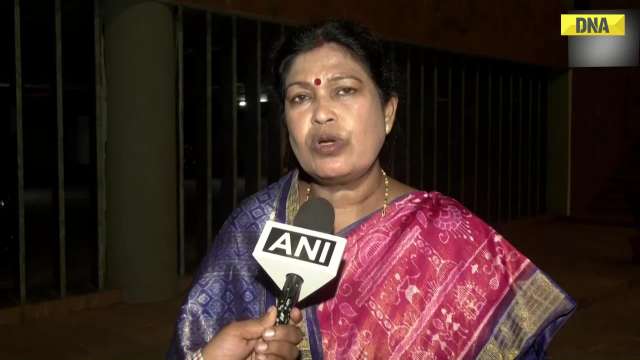 Odisha Girl Self-Immolation Case: BJD leader Slams Odisha Govt After Balasore Student Dies
Odisha Girl Self-Immolation Case: BJD leader Slams Odisha Govt After Balasore Student Dies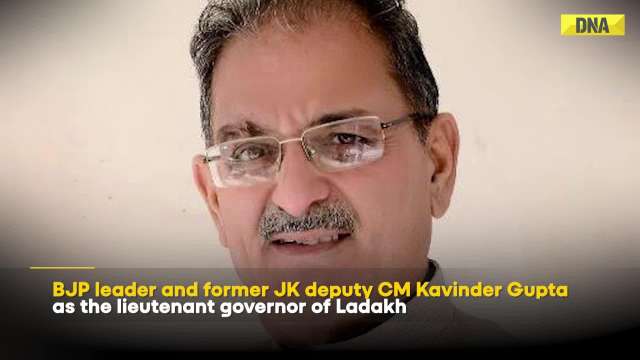 President Murmu Appoints New Governors For Haryana, Goa; Kavinder Gupta Named LG Of Ladakh
President Murmu Appoints New Governors For Haryana, Goa; Kavinder Gupta Named LG Of Ladakh Bombay Stock Exchange Receives Bomb Threat From 'Comrade Pinarayi Vijayan', '4 RDX IED In Building'
Bombay Stock Exchange Receives Bomb Threat From 'Comrade Pinarayi Vijayan', '4 RDX IED In Building' India Pakistan News: New Paramilitary Force In Pakistan Sparks Crackdown Fears
India Pakistan News: New Paramilitary Force In Pakistan Sparks Crackdown Fears THIS govt company in HUGE debt, defaults on bank loans worth whopping Rs...
THIS govt company in HUGE debt, defaults on bank loans worth whopping Rs... Tesla cars will be priced cheaper in Delhi and Mumbai than Gurugram, here’s why, check cost difference here
Tesla cars will be priced cheaper in Delhi and Mumbai than Gurugram, here’s why, check cost difference here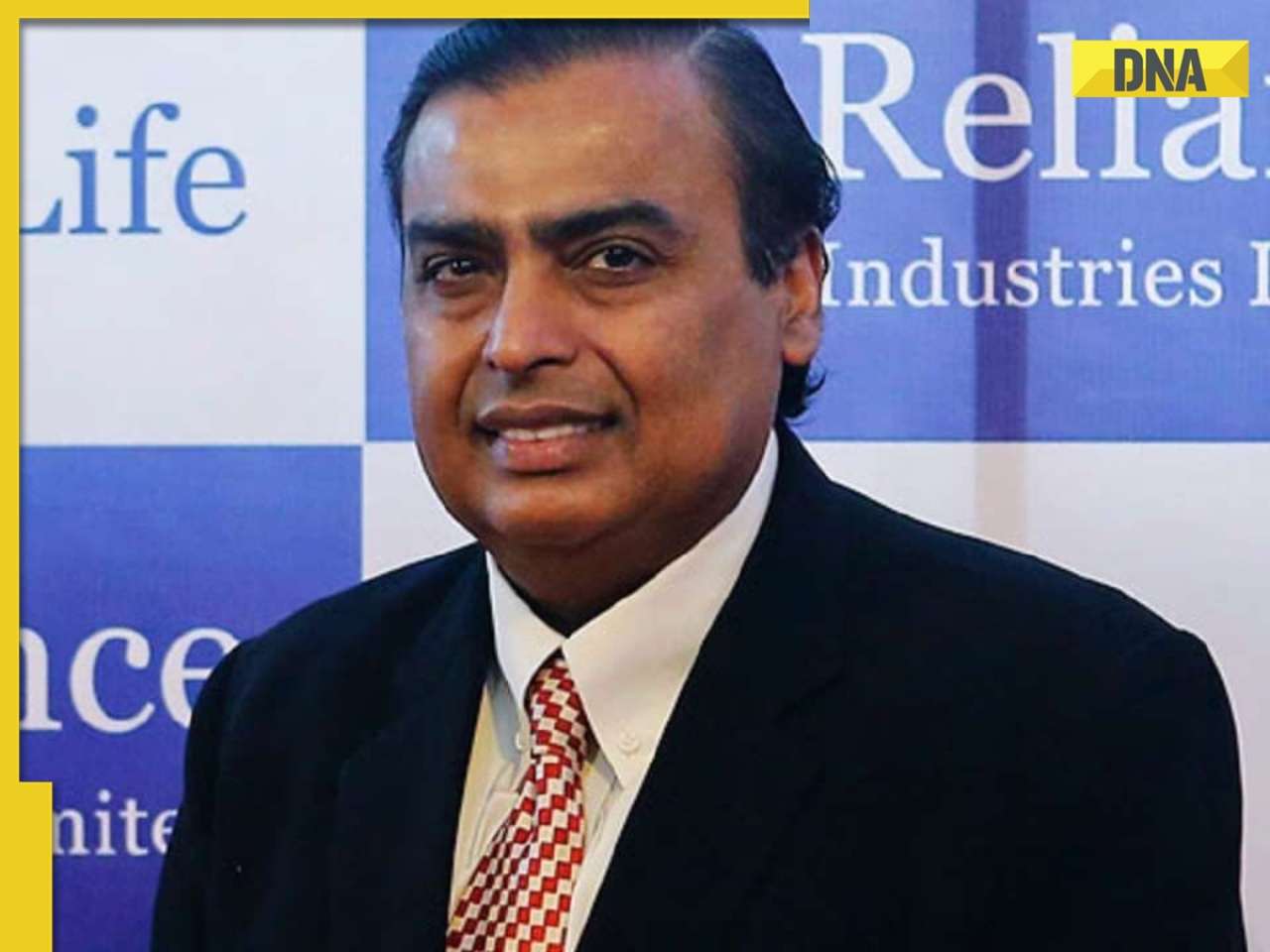 Mukesh Ambani's Reliance's BIG win as Delhi HC directs e-commerce platforms to...
Mukesh Ambani's Reliance's BIG win as Delhi HC directs e-commerce platforms to...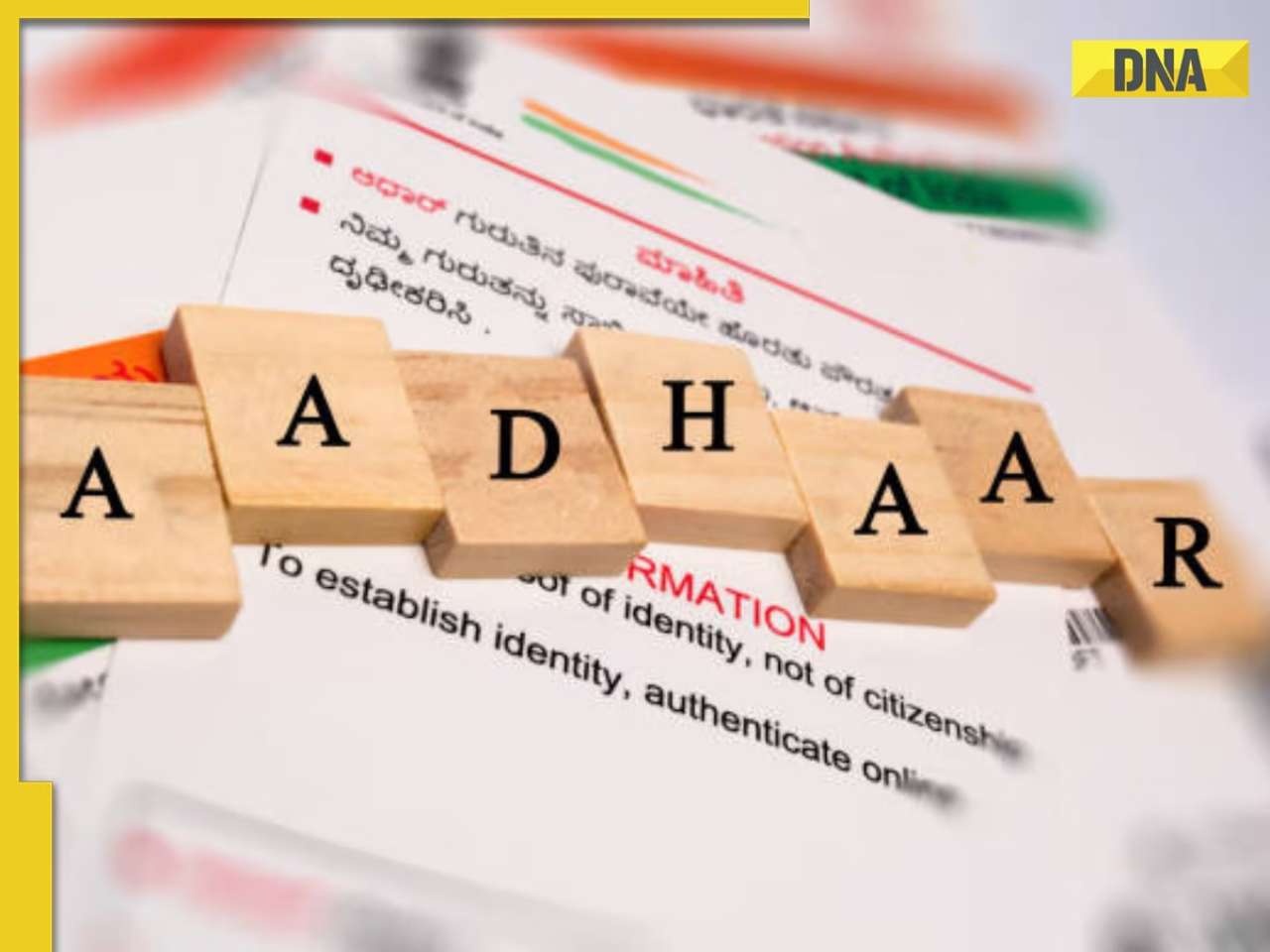 UIDAI shares BIG update on children above 7 with Aadhaar: 'To face risk of...'
UIDAI shares BIG update on children above 7 with Aadhaar: 'To face risk of...' Meet woman who started as trainee, will now become CEO of..., won major award at Cannes, she is...
Meet woman who started as trainee, will now become CEO of..., won major award at Cannes, she is...  Then and now: What Daniel Radcliffe, Emma Watson, Rupert Grint and more Harry Potter cast members doing now?
Then and now: What Daniel Radcliffe, Emma Watson, Rupert Grint and more Harry Potter cast members doing now? Which Visa lets you travel to multiple countries? Learn about Visas that fit your needs
Which Visa lets you travel to multiple countries? Learn about Visas that fit your needs Chhoriyan Chali Gaon contestants list out: Anita Hassanandani, Aishwarya Khare, and others join Rannvijay Singha's show
Chhoriyan Chali Gaon contestants list out: Anita Hassanandani, Aishwarya Khare, and others join Rannvijay Singha's show Laapataa Ladies' Pratibha Ranta returns in Revolutionaries with Bhuvam Bham, Rohit Saraf: All you need to know about Nikkhil Advani's series
Laapataa Ladies' Pratibha Ranta returns in Revolutionaries with Bhuvam Bham, Rohit Saraf: All you need to know about Nikkhil Advani's series Ananya Panday's vacation photos go viral: A peek into her sun-kissed moments, beach outfits, and carefree vibes
Ananya Panday's vacation photos go viral: A peek into her sun-kissed moments, beach outfits, and carefree vibes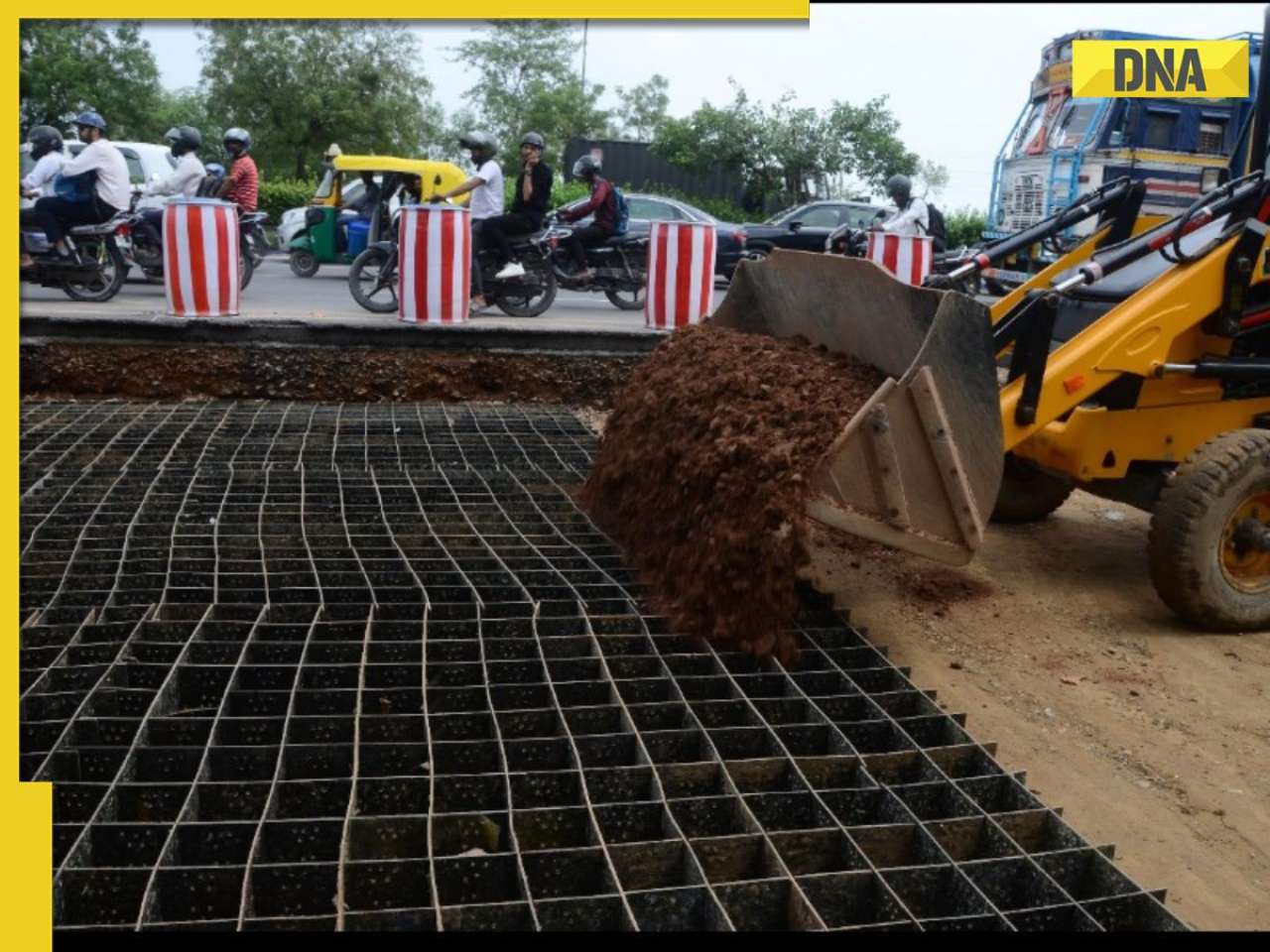 India's first plastic road to be built with Geocell Technology in..., know all about this sustainable initiative
India's first plastic road to be built with Geocell Technology in..., know all about this sustainable initiative 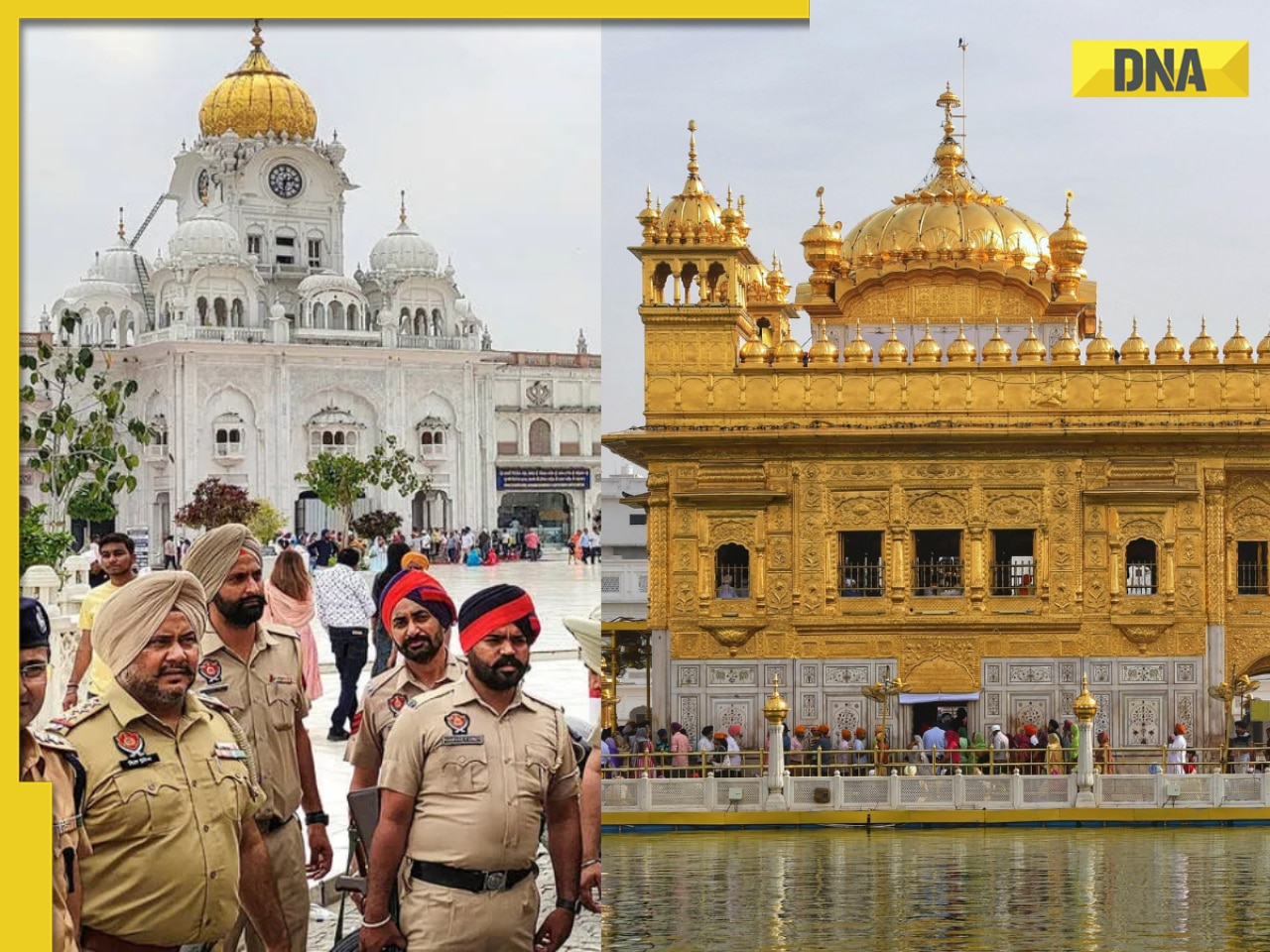 Golden Temple receives bomb threat again, second RDX email in 24 hours, probe underway
Golden Temple receives bomb threat again, second RDX email in 24 hours, probe underway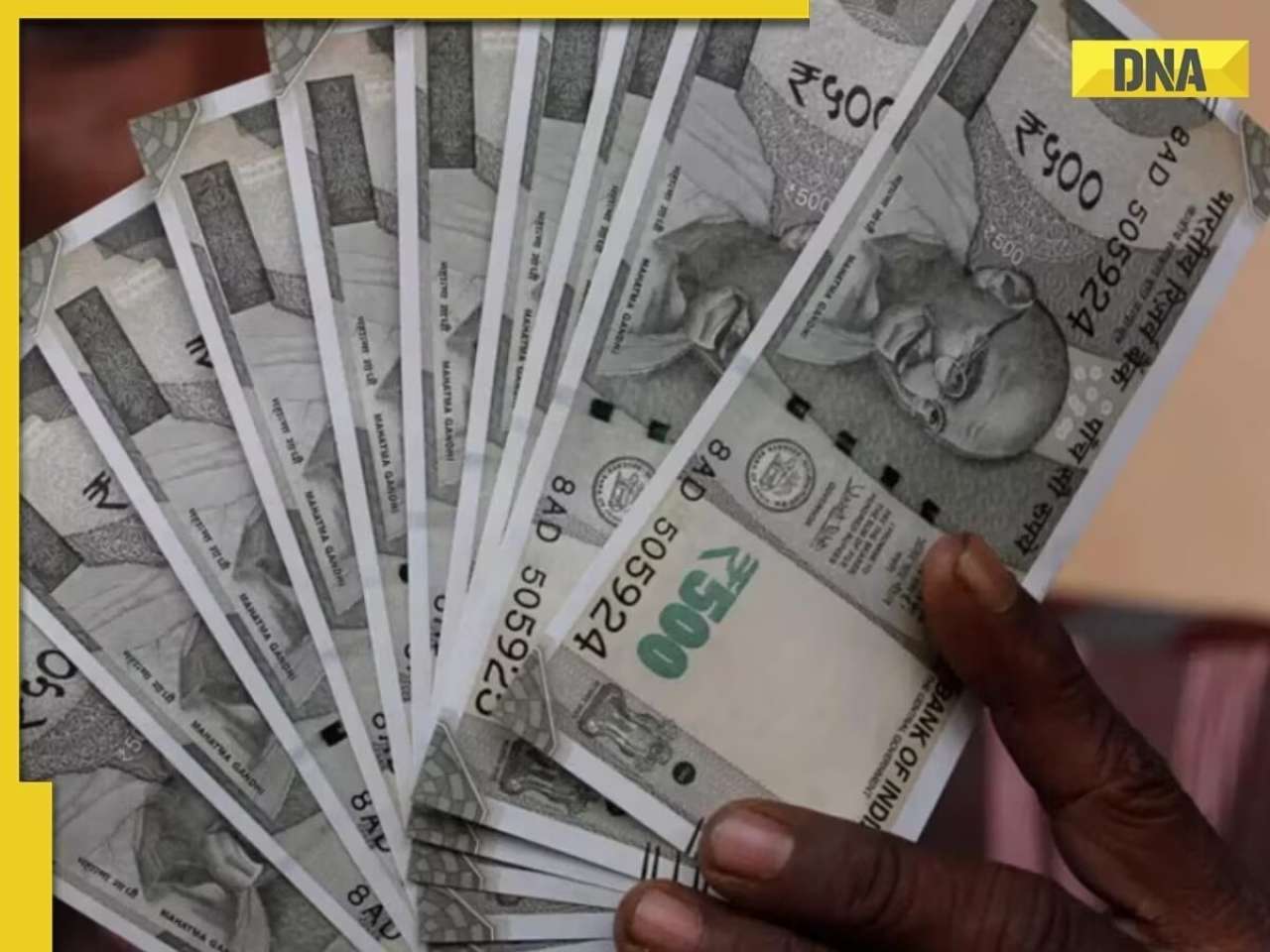 Rs 10000000000: Indians losing huge amount of money every month due to...
Rs 10000000000: Indians losing huge amount of money every month due to... DNA Verified: Samosa, jalebi, other Indian snacks to carry health warning labels? Know the truth here
DNA Verified: Samosa, jalebi, other Indian snacks to carry health warning labels? Know the truth here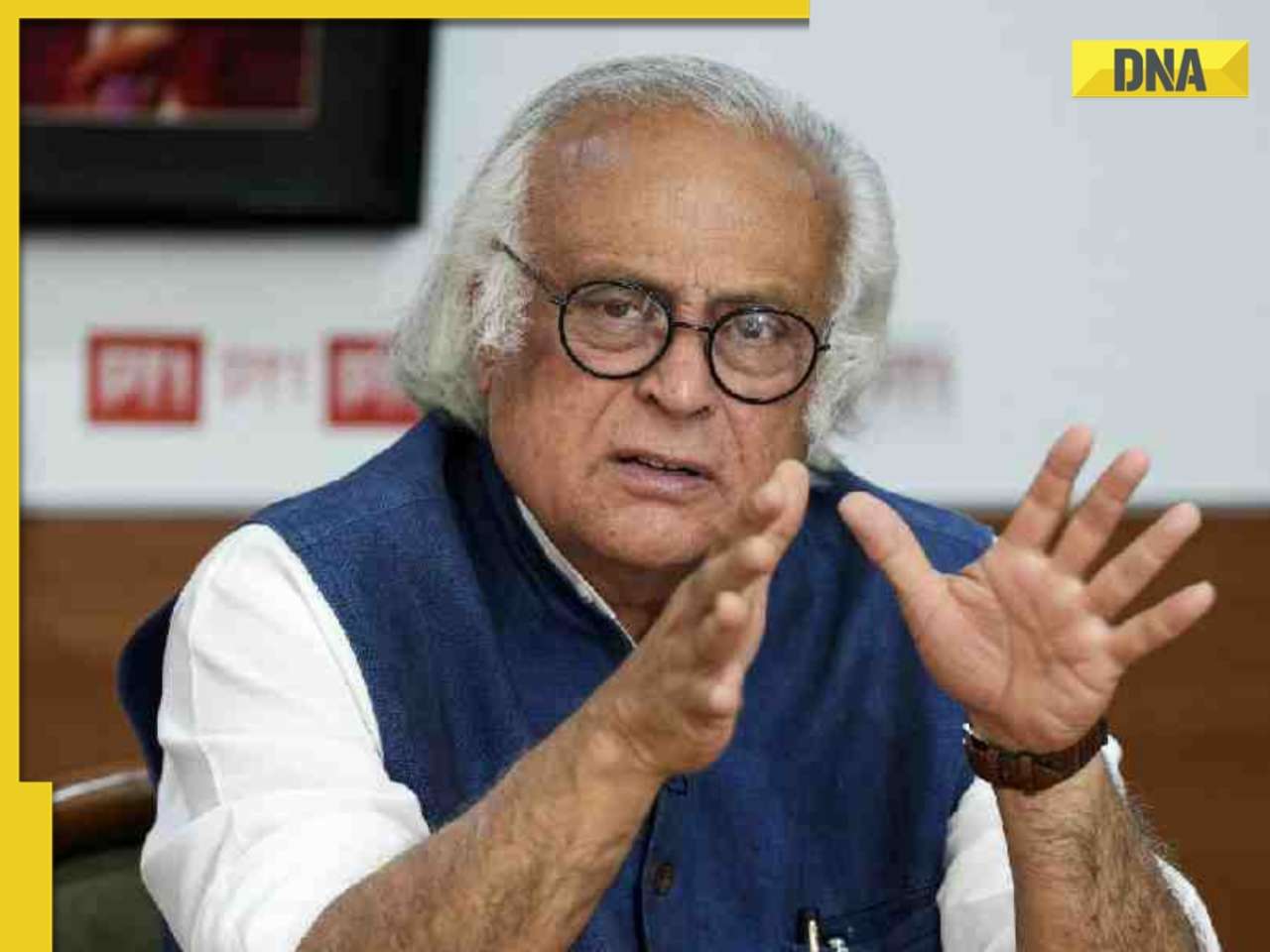 '65 days, 22 times’: Congress leader Jairam Ramesh slams BJP as US President Trump again claims credit for India-Pakistan ceasefire
'65 days, 22 times’: Congress leader Jairam Ramesh slams BJP as US President Trump again claims credit for India-Pakistan ceasefire Who is IAS officer Arpit Sagar who Fined NHAI for..., served in high-ranking administrative roles, she’s from...
Who is IAS officer Arpit Sagar who Fined NHAI for..., served in high-ranking administrative roles, she’s from...  Meet woman who left high-paying job in Switzerland for UPSC exam, secured AIR...; married to IAS, she is now...
Meet woman who left high-paying job in Switzerland for UPSC exam, secured AIR...; married to IAS, she is now... Meet woman who failed in NEET, UPSC exams, later secured Rs 72 LPA job at THIS aviation giant to become the youngest...
Meet woman who failed in NEET, UPSC exams, later secured Rs 72 LPA job at THIS aviation giant to become the youngest... This auto driver speaks 7 languages, did double MA, worked in MNCs, wanted to become IAS officer then..., is now going viral for..
This auto driver speaks 7 languages, did double MA, worked in MNCs, wanted to become IAS officer then..., is now going viral for.. Meet 19-year-old boy who took family responsibilities after his father's demise, cracked JEE Main with 9 to 5 job, his AIR was..., he wants to...
Meet 19-year-old boy who took family responsibilities after his father's demise, cracked JEE Main with 9 to 5 job, his AIR was..., he wants to... This luxury car is first choice of Indians, even left BMW, Jaguar, Audi behind in sales, it is...
This luxury car is first choice of Indians, even left BMW, Jaguar, Audi behind in sales, it is... Kia India unveils Carens Clavis: Check features, design changes, price and more; bookings open on...
Kia India unveils Carens Clavis: Check features, design changes, price and more; bookings open on... Tesla CEO Elon Musk launches most affordable Cybertruck, but it costs Rs 830000 more than older version, it is worth Rs...
Tesla CEO Elon Musk launches most affordable Cybertruck, but it costs Rs 830000 more than older version, it is worth Rs... Planning to buy a Maruti Suzuki car? Prices set to rise by 4% from...
Planning to buy a Maruti Suzuki car? Prices set to rise by 4% from... Audi launches Audi RS Q8 2025 in India: Know price, specifications and unique features
Audi launches Audi RS Q8 2025 in India: Know price, specifications and unique features 




)
)
)
)
)
)
)
)
)
)
)
)
)
)
)
)

